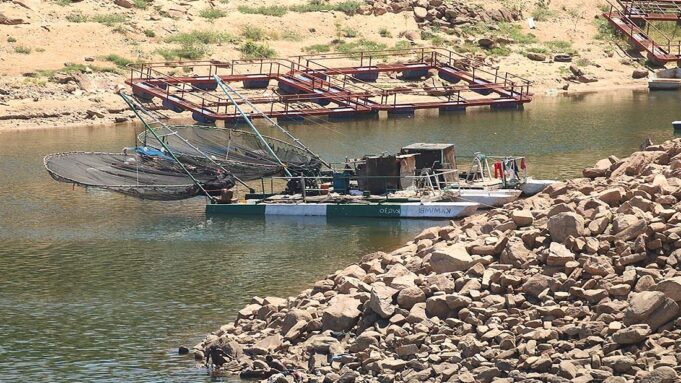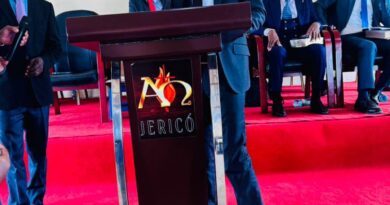FAO Advocates for Aquaculture to Protect Lake Kariba’s Ecosystem
The Food and Agriculture Organization (FAO) is calling for the expansion of aquaculture practices to help preserve the fragile ecosystem of Lake Kariba, one of Africa’s largest man-made lakes.
With increasing pressure from overfishing and environmental changes, the FAO emphasizes the urgent need to adopt sustainable fishing practices.
During a recent workshop in Siavonga, Zambia, Milton Makumbe, Director of Fisheries and Aquaculture Resources Production, stressed the importance of reducing reliance on wild-caught fish from Lake Kariba.
“We need to introduce aquaculture into our communities to lessen the pressure on our shared water resource,” he said, suggesting that Zambia could benefit from adopting policies similar to those already in place in Zimbabwe.
Lake Kariba has experienced significant ecological challenges in recent years, with overfishing contributing to the decline of local fish stocks.
Studies indicate that 80% of fishermen have reported a noticeable drop in their catch, raising concerns about the long-term sustainability of traditional fishing practices.
Aquaculture, or fish farming, offers a promising alternative. By raising fish in controlled environments, this method can help replenish wild populations and ensure a consistent source of protein for local communities.
The FAO’s advocacy for aquaculture presents an opportunity for both ecological restoration and economic development in the region.
With the adoption of sustainable aquaculture practices, Lake Kariba could once again become a model of ecological preservation and economic resilience.
Source: Agribusiness Zambia



